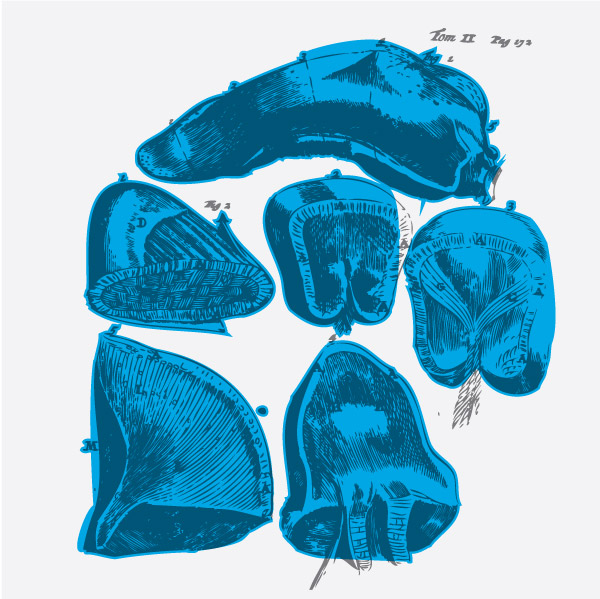Duplicitous
Tongue, Lips, Teeth
Try it out. You use everything but your palate. What a great word.
Ooh. That’s what you get for late-night blogging: I completely forgot to define the word, and instead got into why I like the word… sigh.
du·plic·i·tous / d(y)o͞oˈplisitəs
Wiktionary (because I’m REALLY tired tonight – awake for 36+ hours now): Given to or marked by deliberate deceptiveness in behavior or speech.
Coprolalia
So many lovely words; so many interesting inferences. -lalia (thank you, wikipedia, for helping me complete my frantic, late-night interests in a public, published manner.
Complex phonic tics may fall into various series (categories), including echolalia (repeating words just spoken by someone else), palilalia (repeating one’s own previously spoken words), lexilalia (repeating words after reading them), and coprolalia (the spontaneous utterance of socially objectionable or taboo words or phrases). Coprolalia is a highly publicized symptom of Tourette syndrome; however, only about 10% of TS patients exhibit coprolalia.
Dystonias, paroxysmal dyskinesias, chorea, other genetic conditions, and secondary causes of tics should be ruled out in the differential diagnosis. Conditions besides Tourette syndrome that may manifest tics or stereotyped movements include developmental disorders, autism spectrum disorders, and stereotypic movement disorder; Sydenham’s chorea; idiopathic dystonia; and genetic conditions such as Huntington’s disease, neuroacanthocytosis, Hallervorden-Spatz syndrome, Duchenne muscular dystrophy, Wilson’s disease, and tuberous sclerosis.
“Dyskinesias” (Abnormality or impairment of voluntary movement): also a good word.
Yes.
I am a bit odd. I also happen to find me interesting…
